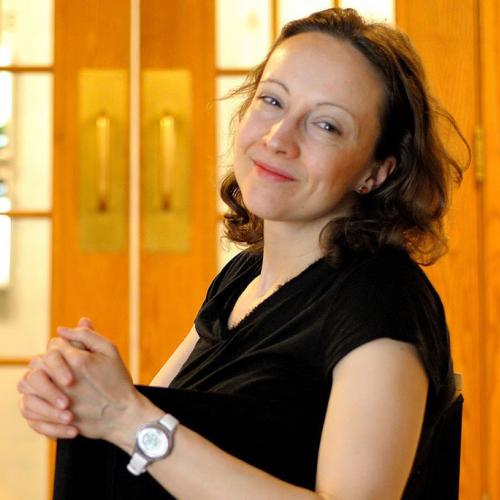Assistant Professor Jana Diesner will deliver a keynote address at the 2016 Collaborative Innovation Networks (COINs) conference, which will be held on June 8-11 in Rome. The theme of the conference is, “Designing Networks for Innovation and Improvisation.”
Diesner’s address is titled, “Words and Networks: Using Natural Language Processing to Enhance Graphs and Test Network Theories."
The structure and dynamics of collaboration and communication networks are impacted by both social interactions and information exchange between people. In this talk, I present our research on using natural language processing techniques to enhance social network data. The ultimate goal with this work is to test the validity of classic social network theories in today’s contexts. I show our findings from leveraging sentiment analysis to label edges in communication networks in order to enable triadic balance assessment. In another example, we studied the homogeneity or diversity of clusters in networks with respect to basic principles of morality. I address methodological challenges, such as the validation and adaptation of lexical resources, and the directed nature of ties in communication networks. The presented methods enable the scalable and systematic detection of edge properties, which reduces the need for surveys or manual link labeling. Finally, I briefly discuss challenges in working with “open data” from online sources.
Diesner will also lead a workshop titled, "From Words to Networks: Text-based/Semantic Network Analysis."
Natural language text data can be a rich source of information about networks. This workshop introduces participants to fundamental theories, concepts, and methods for going from words to networks. The focus is on practical, hands-on skills for constructing network data based on text data in an informed, systematic, and efficient fashion.
Diesner joined the iSchool faculty in 2012 and is a 2015-2016 faculty fellow in the National Center for Supercomputing Applications (NCSA) at Illinois. She earned her PhD from the Computation, Organizations and Society Program at Carnegie Mellon University’s School of Computer Science.
Diesner’s research in social computing combines theories and methods from natural language processing, social network analysis, and machine learning. In her lab, they develop and advance computational solutions that help people to measure and understand the interplay of information and socio-technical networks. They also bring these solutions into various application context, e.g. in the domain of impact assessment. For more information about Diesner’s work, visit her website.
